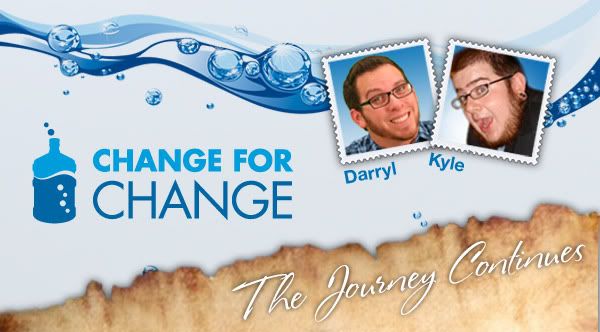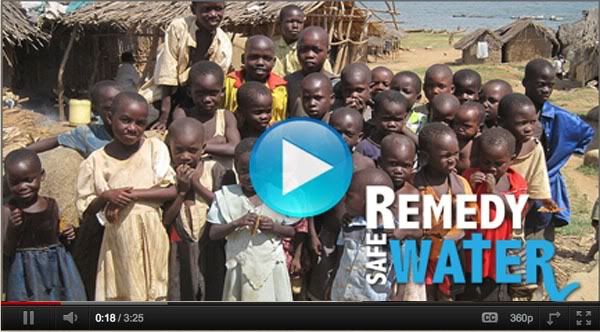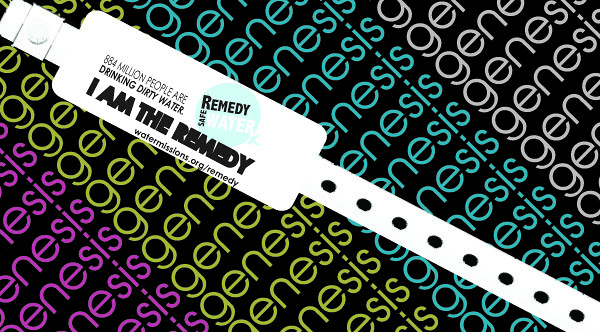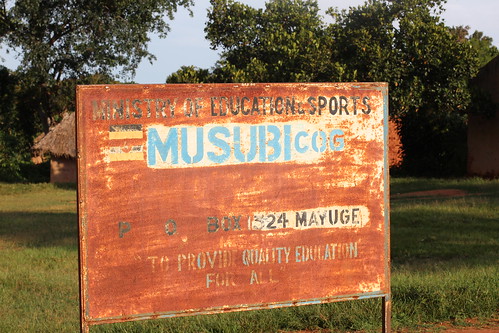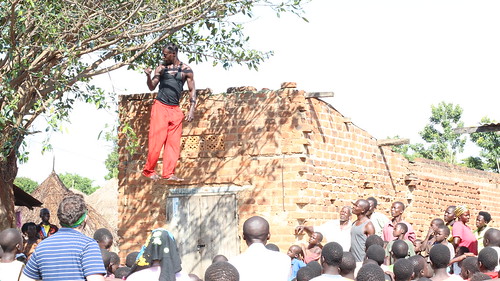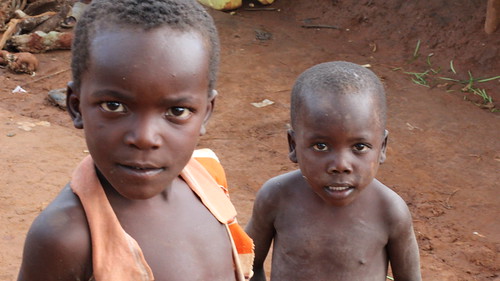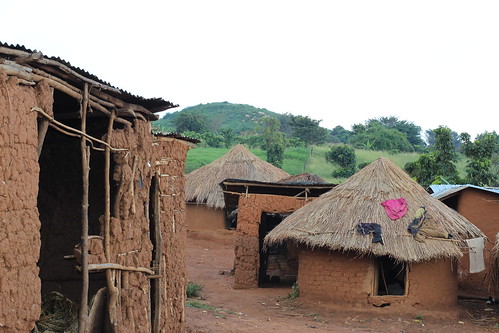Day 5 – Microenterprise
Clean water isn’t the only thing Water Missions provides to the communities they work with. There has got to be more. We’ve only been to five villages, and two of them have had water systems implemented in the past that have failed, leaving those communities with a sense of failure and abandonment.
If you were to go to the doctor because you were sick and they gave you medicine, you’d continue to go back to that doctor to seek healing for your sickness. But, if the doctor taught you how to avoid getting sick, you’d be more apt to protect yourself from sickness in the future. In the same way, Water Missions isn’t trying to prescribe a pill and leave it at that. They’re addressing the root of the problem, and they train the people of the community to avoid or overcome problems in the future.
We had the opportunity to sit in on a microenterprise conference yesterday in Bugoto, a village on the shore of Lake Victoria. The committee members from surrounding villages got rides from boda-boda’s and taxi’s to Bugoto for a day-long training conference. By this time, they’ve all been trained on how to upkeep the equipment installed in their communities. Yesterday’s meeting was specifically created to teach the village leaders how to operate a microenterprise. The way it works is, the clean water is sold for up to 95% less than the people have been spending, in years past. Villagers used to pay 1,000 shillings to fill their jerry can, often with unsanitary and unsafe water. Now, villagers can fill their jerry cans with safe water, for 50-100 shillings! This is providing the village with enough income to cover operational expense as well as put money in savings. If they don’t understand how to save, they will not have money for maintenance and repairs in the future. So, Water Missions teaches the importance of saving and preparing for the future. In these courses, they put the leaders in hypothetical situations and they worked together, with leaders from the surrounding communities, to resolve the situations. Then, they would present their answers and explained why they chose that method of resolution. For some people there, this was the first time they had ever participated in this sort of training. (This is very effective, particularly in Africa, because Africans are very communal people. They care a lot about their relationships, and look for ways to build new ones.) Upon completion, they were awarded with a community-specific “Safe Water Team” ball cap, a certificate of completion and literature containing the Gospel and information about sanitation.
The people left that day with a feeling of accomplishment and a better understanding of the importance of saving and preparing for the future. If they apply what is learned, they will guarantee sustainability for the water purification system, as well as the health of their community.
I am extremely grateful for Water Missions and the way they strive for excellence. Their community development teams work hard to train and equip the leaders and people of the villages. The technicians and engineers work full days of planning and problem solving. Together, the Water Missions Uganda team is working hard to change lives, for good. I am now even more proud to support and work with such an amazing ministry.
Reminds me of an ancient Chinese proverb, “Give a man a water purification system, he’ll have water ‘til it breaks. Give a man a microenterprise business, he'll have the ability to sustain and improve.”
Grace and Peace,
Kyle



